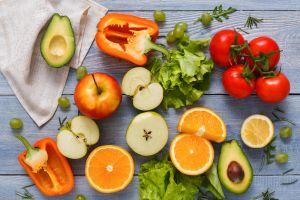New Supply Chain Is Blockchain for Alibaba
Alibaba Australia, an e-commerce company, has announced that they will be using blockchain technology through the company’s new Food Trust Framework to improve supply chain traceability. This comes only a few days after an American retail giant Walmart said it will apply blockchain technology to its “live food business,” and will require suppliers to adhere to its blockchain policies.

The first to test this blockchain technology will be health supplements company Blackmores and dairy products supplier Fonterra on a route from Australia and New Zealand to China through Alibaba’s Tmall Global platform. Should this pilot prove successful, Alibaba hopes to apply the same model across all of Alibaba Group’s e-commerce markets.
“These technologies are designed to authenticate, verify, record, and provide ongoing reporting of the transfer of ownership and provision of products and goods,” Alibaba said in a statement. Along with blockchain, QR codes are also to be added to the products for another layer of security in the battle against so-called food fraud.
Food fraud costs the global food industry an estimated USD 40 billion each year, Alibaba representatives claim; Alvin Liu, their general manager of Tmall Import & Export, said: “In response [to food fraud], we have created a coordinated, world-leading and robust framework that involves stakeholders from across the supply chain to improve visibility and enhance the confidence of both end consumers and merchants.”
This is another case in an ever-growing line of similar ones, where blockchain is used to prevent unethical practices. From a German car manufacturer BMW using it to trace their cobalt to its many applications in the healthcare industry, blockchain is set to change the world for the better.




